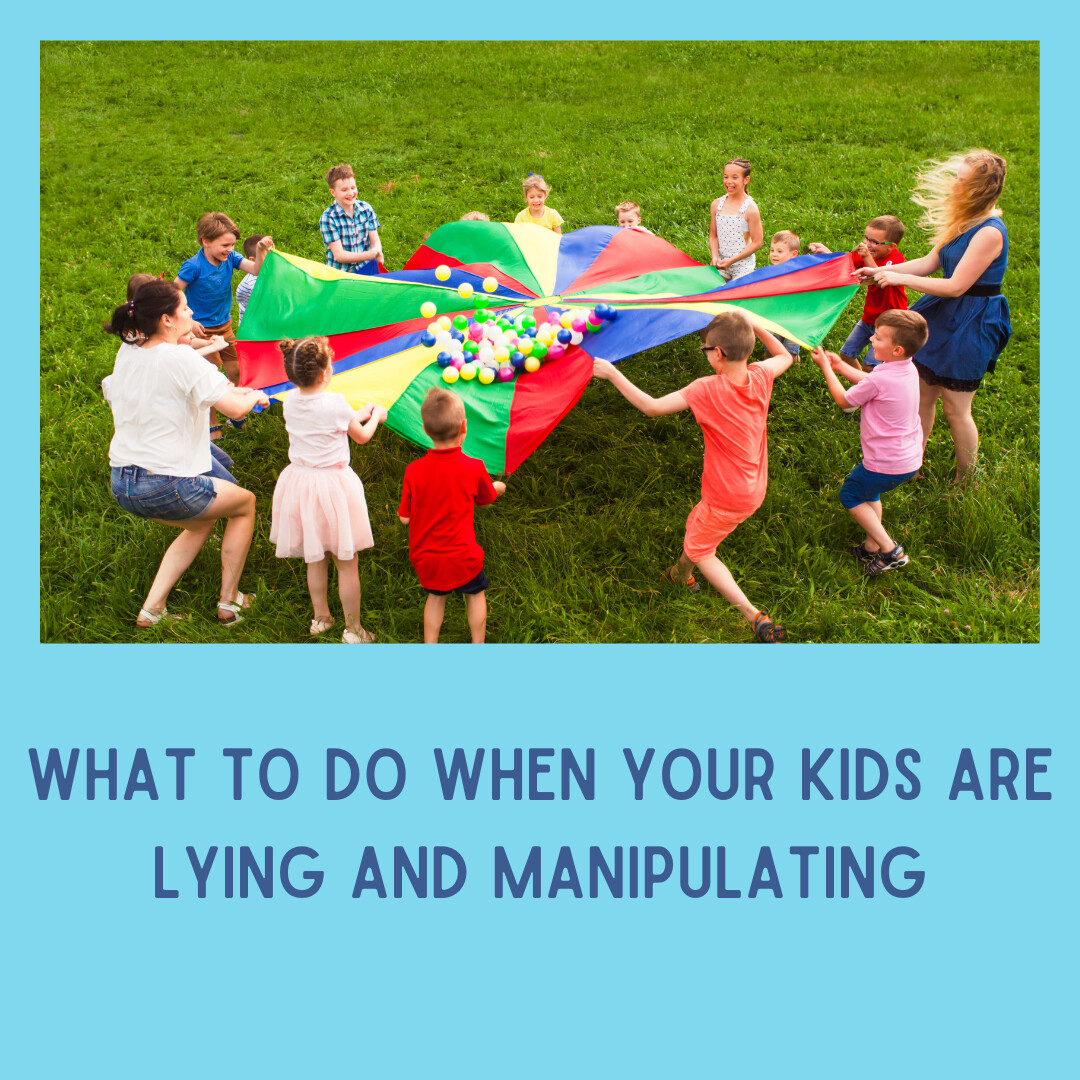
My thoughts and insights on the topic of lying and manipulation in children.
It's important to understand that children are still learning and developing their sense of reality and social interactions, and may not fully understand the concepts of lying and manipulation. It's also important to build trust with your children and have open, honest relationships with them, while respecting their boundaries and desires. Instead of labeling their behavior as manipulative or dishonest, it's helpful to approach the situation with curiosity and understanding, and work together to build trust and healthy communication.
So, what do we do as parents when we observe lying and/or manipulation?
When we take off the adult lens, kids don't understand what lying and manipulation is. First and foremost depending on their age, right, they're exploring. And so if they're under the age of five, they're still understanding the difference between reality and fantasy playing with imaginary play and make believe and still trying to figure out the difference. That's developmentally appropriate. And as kids experience more social interactions, they're noticing that different people have different boundaries and different demeanors, and varying likes and dislikes. And they're getting to understand where they end and where others begin.
Kiddos are really, really perceptive.
They are not only noticing the things you say, but they're noticing your body language, and they're noticing your energy and the way that people make them feel. They're trying to make sense of the adult world from a very receptive, energetic, and fully attuned human being. Oftentimes, they haven't developed any filters. So when they notice that the adults in their world act differently around different people, they're gonna start playing with how that works as well.
Let's take an example of how you may react differently or say different things to different people in your life.
Maybe when you go to your in laws or other family, you're a bit reserved, you hold back things that you usually say in other situations, or you have certain friends that you act a certain way with more yourself with, more open and honest and truthful than with other friends. Your kids are going to see that and they're going to start to interact differently with different friends interact differently with different adults. As adult we label this as manipulation, even though that may not be what they're doing at all.
Now, let's talk about lying.
Sometimes, kids don't tell the truth to protect themselves from shame, from trouble, from punishment, from making you unhappy, and they can sense that in your energy. Even if you are a parent that values their honesty over anything else and they know you will not shame them or punish them.
Kids can sense that you want them to tell you the truth. They still understand that there's a judgement and they're protecting themselves from that judgment or disapproval.
And up until a certain age, they don't really understand that one person can think completely differently than another. They don't have the same life experience that you do to be able to put yourself in their shoes and walk through a particular experience. There isn't any logical consequences being determined before the act of lying.
For example, teeth brushing.
My kids will tell us that they have brushed their teeth and when we go and check the toothbrush, it's dry. So we understand the experience of it and they're just doing what's best for them. They don't value the teeth brushing at the moment. And they're not thinking about the fact that they may be disrespecting your values and losing trust in them by their actions until we communicate that.
Say to them. "Look, I just want to be able to trust that you're telling me the truth and when you do tell me the truth, you can trust that I will listen."
Building trust is both ways, respecting their wishes to not brush their teeth one day or two days. And they respect your wishes to keep them healthy and to remind them.
In order to understand how to be with your kids and to develop open honest relationships, there needs to be a level of trust, trust that they will develop at their own speed, their own timing that they will want to take care of themselves that they will desire to be healthy.
Trusting yourself in how you deal with the emotions of seeing behaviors that feel manipulative or being lied to is how you gain cooperation with your kiddos.
Ask these questions of yourself:
How do you treat yourself in those moments?
What do you tell yourself about your parenting?
Notice that maybe you're telling yourself that you're raising kids that aren't trustworthy or that won't be a good friend. Or that you feel that you're not respected.
Sit with those feelings and beliefs because those are yours.
And your kids have the right to develop trust in their adults, that you will hold boundaries that are fair and honest, that other adults will hold their own boundaries that work for them. So understanding that each person has their own set of boundaries can really open us up to the fact that maybe there isn't this word manipulation going on?
Maybe your children are learning how to be with one person versus how to be with another person.
Pay attention to what you tell your children about how to interact with different people. For instance, I have a friend who sent their kiddo to someone's house and told them to eat the food no matter what because you're a guest and you are in their home and you respect what they have, and if you don't like something then you just be polite and you eat it anyway. Now this is really like learning to lie to yourself, right? To abandon your own wishes and desires.
My children are not used to doing that. I don't teach that behavior. And so they may be treated a bit differently by different people when they refuse or they say they don't want something and they're speaking up for themselves. Get curious about how lying and manipulation shows up. Kind of under the radar and when your child brings you something, get curious with them and ask curiosity questions so that they can get to know themselves and not get to know the adults in their lives.
Keep in mind that children are still learning and developing their understanding of the world around them. It's important for adults to approach situations with curiosity and empathy rather than immediately labeling their behavior as manipulative or dishonest. Building trust and open communication with children can help them feel safe and confident in expressing their thoughts and feelings. It's also important to model healthy communication and boundaries with others so children can learn to navigate different relationships in a positive way.
Grab the Free PDF 15 Ways to Build Self compassion here


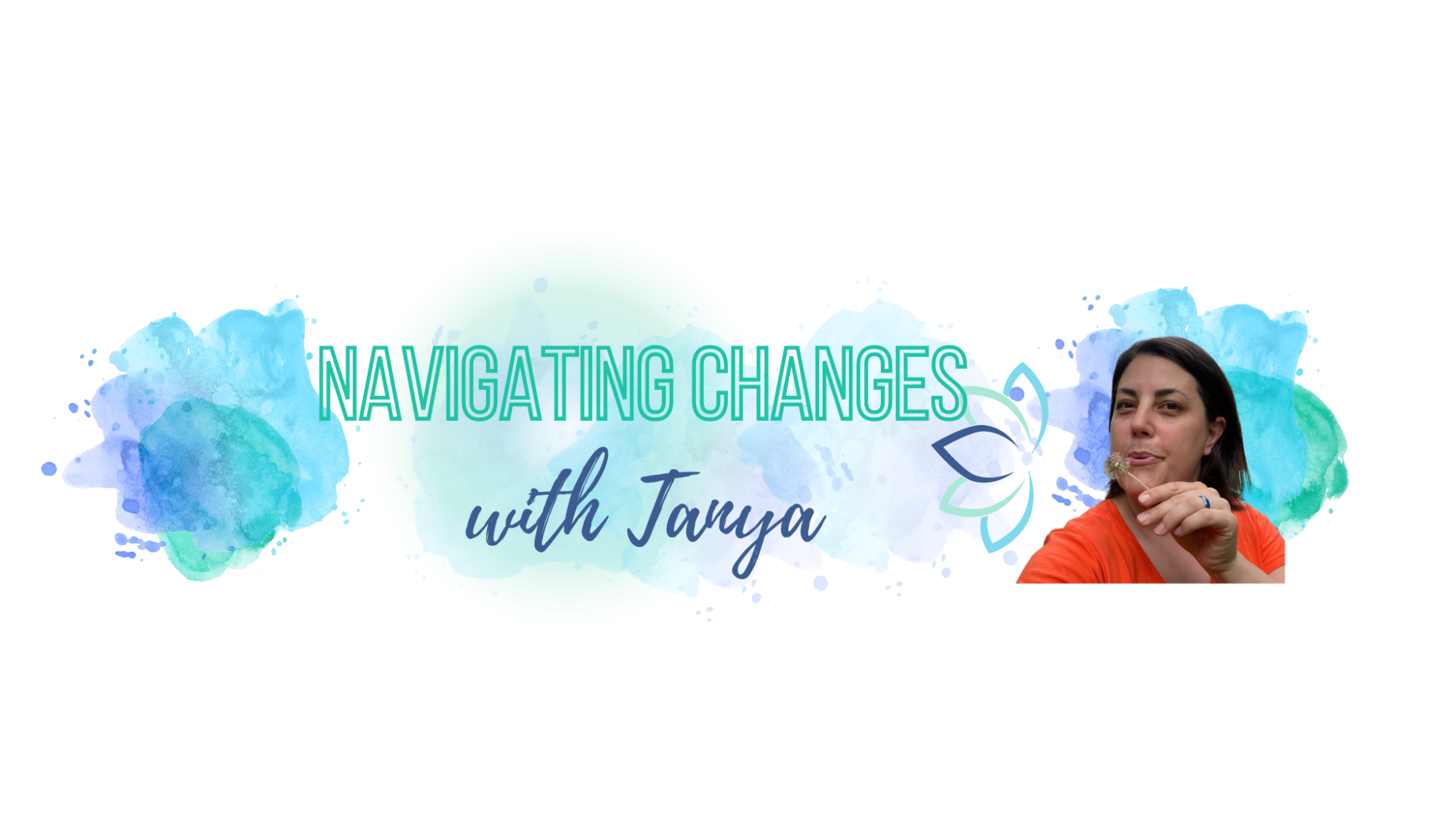

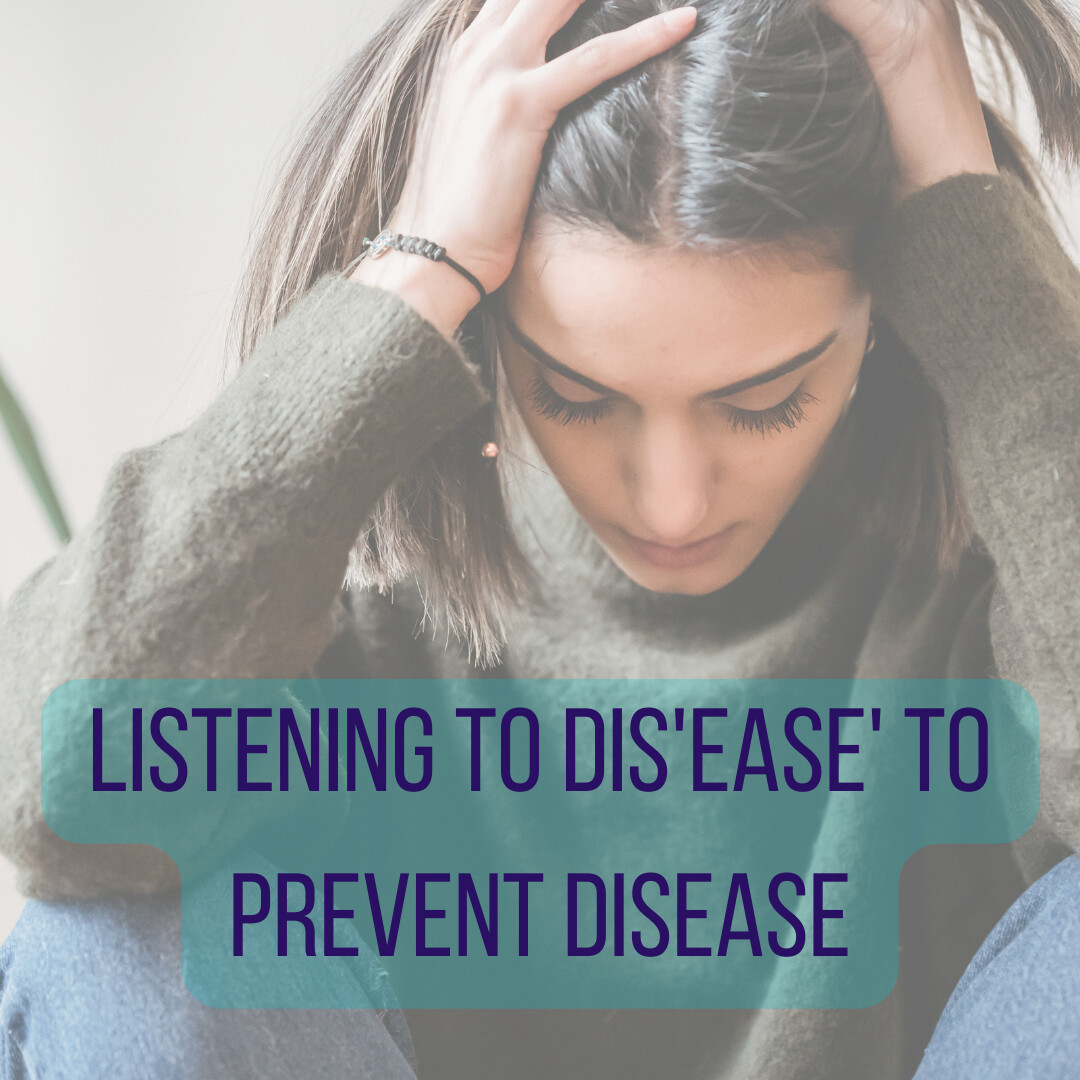

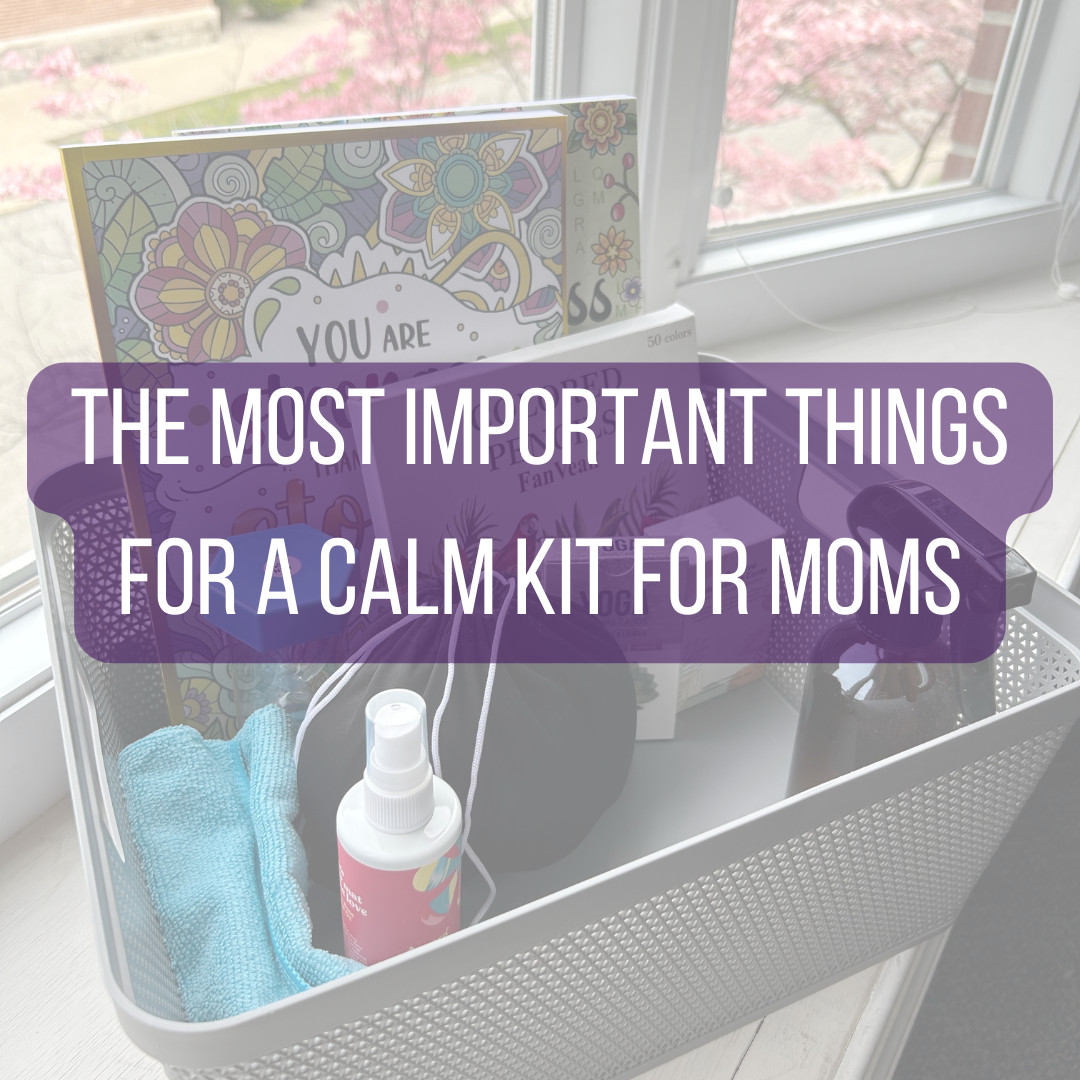



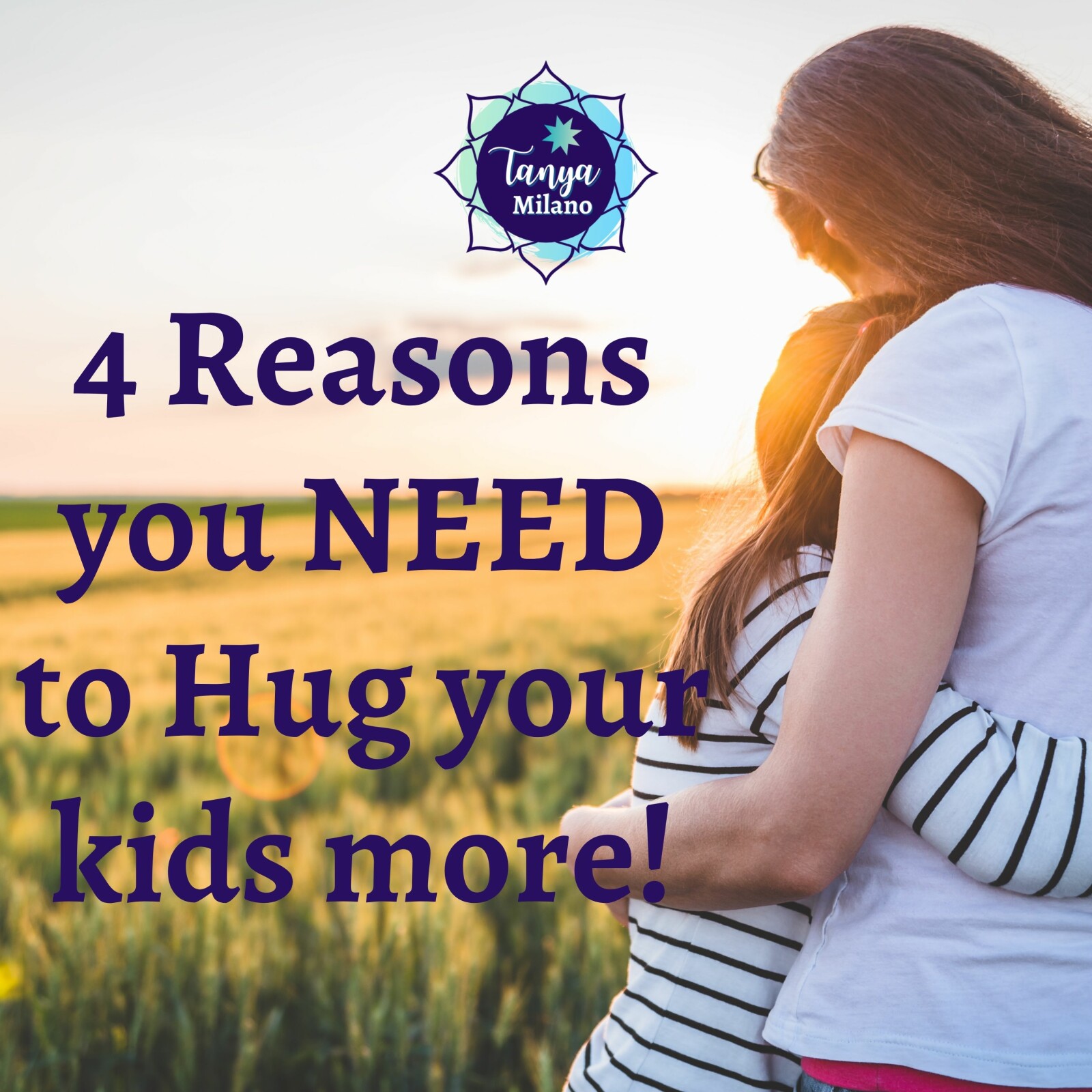







0 Comments